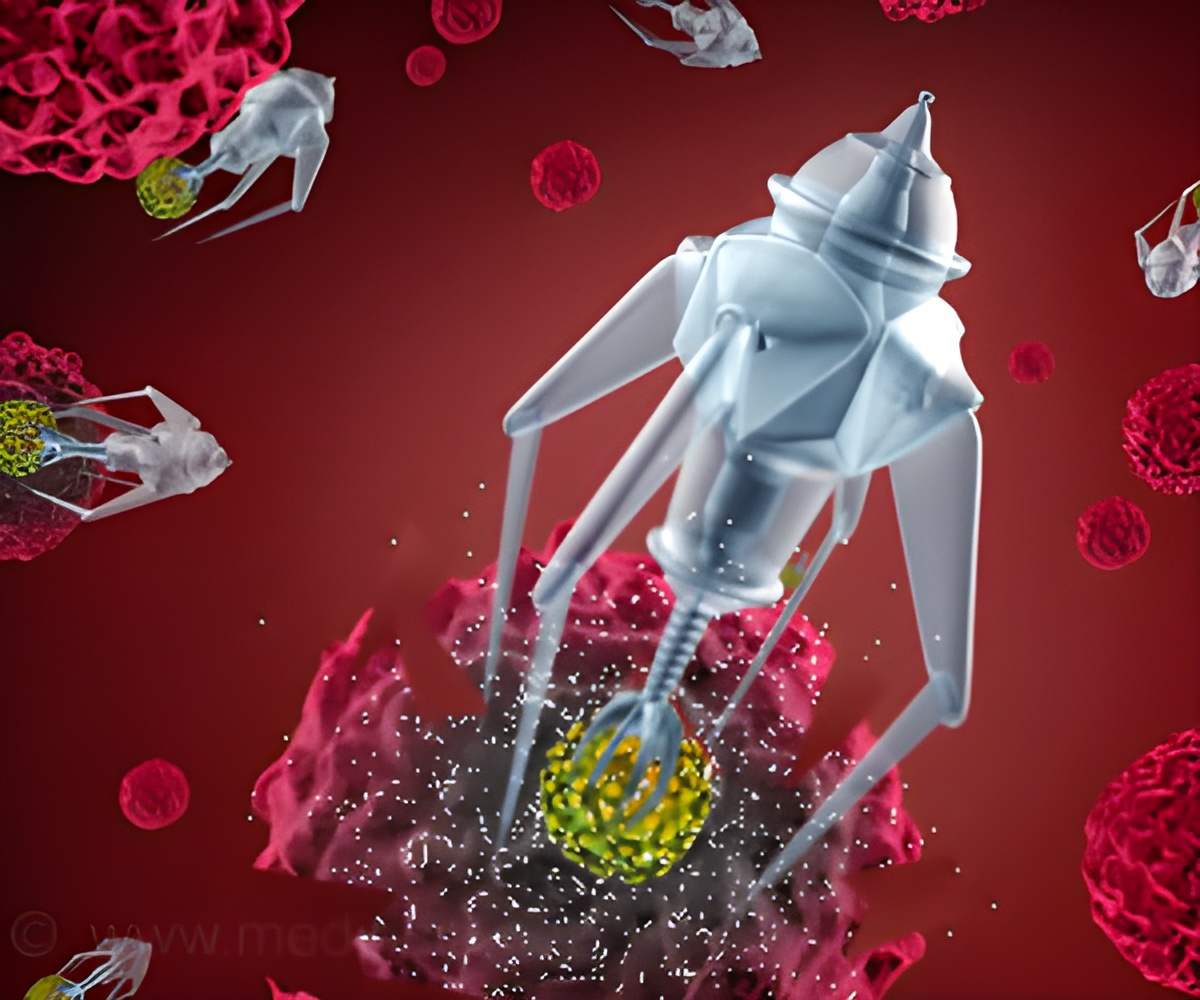A new method developed to analyze proteins expressed on cancer cells shows promise in more rapidly detecting these cell types.

‘The Purdue screening method could be developed into a rapid, sensitive technique to identify cancer cells in patient blood samples. This could expedite cancer diagnosis and lead to better patient outcomes.’





"Pathogen or cancer cell identification often relies on culturing a sample, which can take several days," said Darci Trader, an assistant professor of medicinal chemistry and molecular pharmacology in Purdue University's College of Pharmacy, who led the research team. "We have recently developed a method to screen one-bead-one-compound libraries against biological targets such as proteins or antibodies." The novel screening technique is featured in the Jan edition of ACS Combinatorial Science.
"We are invested in this technology because of our passion to develop better screening techniques for a wide variety of diseases," Trader said. "Cancer, in particular, has touched the lives of many of our friends and families, so being able to contribute to better detection methods is very special to us."
Trader said the Purdue technique provides an alternative to current methods, which require very specialized equipment and complex analysis to measure the proteins binding small molecules. They also typically only detect if there is binding, but not the extent of that binding. These protein and binding measurements provide key information for diagnosing cancer and other illnesses.
Based on results obtained by screening known interactions between proteins and small molecules, the Purdue team believes their screening method will be sensitive enough to detect forms of cancer in very early stages.
Advertisement
Development of this new test will involve mixing a biological sample, such as cancer cells or blood plasma, with a near-infrared range emitting fluorophore.
Advertisement
Their work aligns with Purdue's Giant Leaps celebration, celebrating the global advancements in health, longevity and quality of life as part of Purdue's 150th anniversary. Health, including disease screening, is one of the four themes of the yearlong celebration's Ideas Festival, designed to showcase Purdue as an intellectual center solving real-world issues.
Trader and her team have worked with the Purdue Office of Technology Commercialization to patent their technologies.
Trader also works with the Purdue University Center for Cancer Research to advance her discoveries.
Source-Eurekalert















